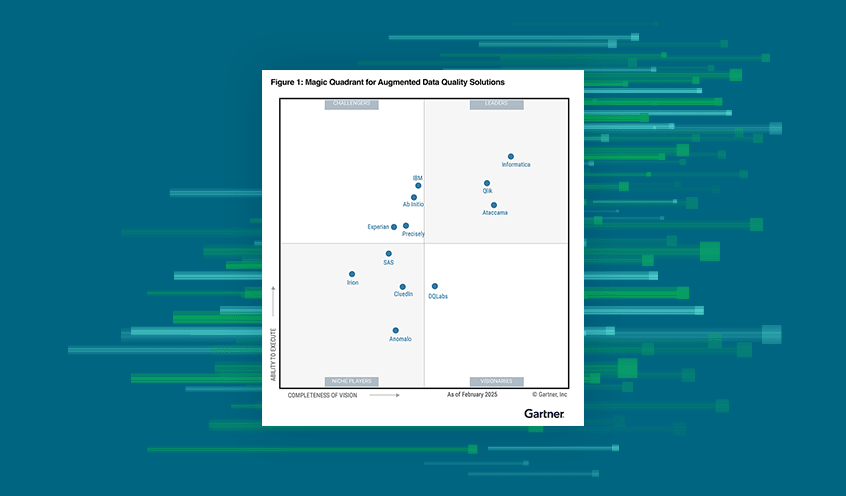Eliminating the Data Processing Bottleneck in the Data Warehouse with ETL Offload
To enable BI reporting and analytics, large firms depend on their data warehouse, BI tools, and ETL solutions. Today many firms utilize an ETL tool to simplify and streamline ETL development, execution and management tasks. While ETL automation tools have made it easier for IT teams to design, monitor, and adjust data processing workflows, these tools often prove inadequate to contend with multiplying data sources, ballooning data stores, and demands for continuous updates. In fact, many IT managers are now finding that they cannot meet SLAs with their existing infrastructure due to shrinking batch windows and ETL processing bottlenecks—a far cry from real-time ETL.
ETL offload is a necessity for firms struggling with data processing delays and unsustainable data warehousing costs. Running on a cluster of commodity servers, Hadoop is designed to ingest and process large volumes of data efficiently using a divide-and-conquer approach. By distributing data across multiple compute nodes, Hadoop can process more data in smaller batch windows, making it a perfect fit for ETL offload. By migrating resource-intensive ETL workloads to Hadoop, firms can cut data warehousing costs, free up data warehouse CPU cycles for BI projects, and thereby reduce time-to-insight.
















































